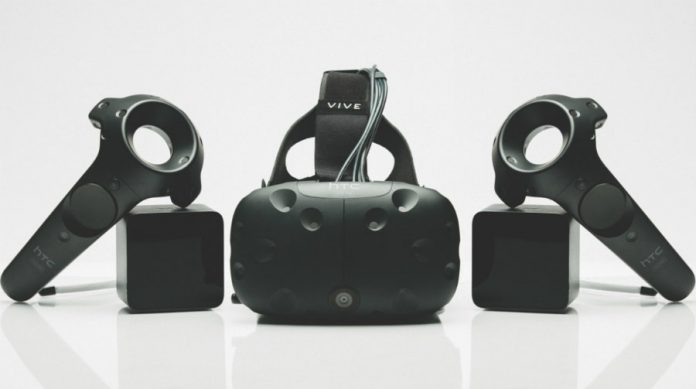
Virtual reality might get a real push in China. HTC Corporation (NASDAQ: HTCXF) signed a partnership with the biggest e-commerce in the world, Alibaba. The company will be using Alibaba’s cloud computing services for its VR gear, the Vive headset.
Both companies will join efforts to create better and more affordable “solutions” for VR for customers worldwide.
Alibaba executives are very pleased with the alliance and forecast stable solutions of VR with better access to China’s markets. Ge Jin, Business Architect Director at Alibaba Cloud, says the partnership “will accelerate the development of VR technology in China and encourage widespread, global adoption.”
Improved infrastructure for the VR-ecosystem
With the advanced Cloud technology of the Alibaba cloud system, the partnership will be able to focus on innovative perks to address bandwidth allocation and data consumption, transmission, and processing. Such features would significantly improve areas of VR video production and VR broadcasting.
HTC and Alibaba will also build a VR cloud ecosystem, and an extended “Viveport” (HTC new online store for VR experiences). As part of the deal, HTC also released a VR app store available on the Alibaba Cloud.
Cloud computing and virtual reality technologies need and complement each other on commercial, every-day apps. Cloud system could provide advanced algorithms and infrastructure to enhance the VR experience by improving graphical definition, optimizing the system behavior, reducing crashes and conserving bandwidth.
VR gears already require cloud systems to supply efficient visual performance and interactive contents to the users.
Alibaba Cloud has experience in the matter. The Chinese company helped a VR team from Zhejiang University to render a three-minute 360-degree video in 3D in 3 days. The task required 100,000 processor cores, the equivalent of 12-core high-performance PCs working 8,000 hours nonstop.
HTC is pushing VR into mainstream
The company has not withheld funds to their virtual reality projects and initiatives. Recently, HTC created a $100 million fund for VR-focused startups and said it would later open more than 10,000 HTC Vive demo stores in China so audiences could get familiar with the device.
The Vive headset has a selection of 360-degree videos that tend to run with a broken leg. The cloud needs to be flexible and robust enough to support large amounts of bandwidth. Outside of the Asian country, the Indian tech giant is looking to enhance its VR ecosystem.
Facebook (NASDAQ: FB), owners of Oculus Rift VR headset, has also been improving their data center platforms and video compression technologies to accommodate for the demanding 360° streaming video.
Alibaba will also get an advantage in China markets, where they are competing against Amazon (Nasdaq: AMZN) and Microsoft (NASDAQ: MSFT) to become the country’s dominant cloud provider.
Source: Venture Beat










